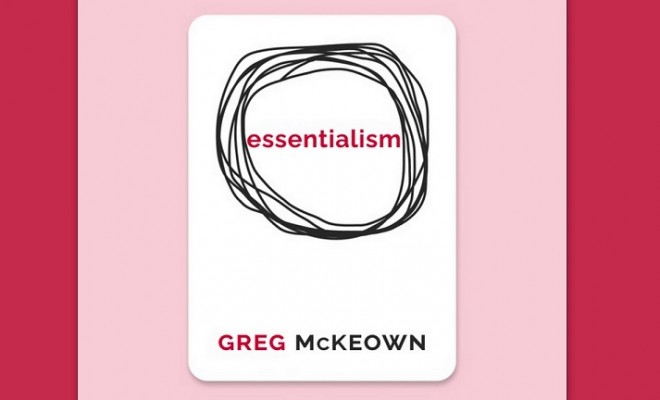
Essentialism
This week I published the book-notes of Essentialism by Greg McKeown. This book isn’t about getting more done in less time. It’s about getting only the right things done. It talks about many strategies that we can use to get the important stuff done.
The wisdom of life consists in the elimination of non-essentials. — Lin Yutang
- The way of the Essentialist is the relentless pursuit of less but better. It doesn’t mean occasionally giving a nod to the principle. It means pursuing it in a disciplined way.
- Essentialism is not about how to get more things done; it’s about how to get the right things done. It doesn’t mean just doing less for the sake of less either. It is about making the wisest possible investment of your time and energy in order to operate at our highest point of contribution by doing only what is essential.
- The way of the Essentialist means living by design, not by default. Instead of making choices reactively, the Essentialist deliberately distinguishes the vital few from the trivial many, eliminates the nonessentials, and then removes obstacles so the essential things have clear, smooth passage.
- If you don’t prioritize your life, someone else will.
- After all, there is still a feeling of sunk-cost bias: studies have found that we tend to value things we already own more highly than they are worth and thus that we find them more difficult to get rid of. If you’re not quite there, ask the killer question: “If I didn’t already own this, how much would I spend to buy it?” This usually does the trick.
It is the ability to choose which makes us human. — Madeleine L’Engle
- The ability to choose cannot be taken away or even given away—it can only be forgotten.
Most of what exists in the universe—our actions, and all other forces, resources, and ideas has little value and yields little result; on the other hand, a few things work fantastically well and have tremendous impact. — Richard Koch




